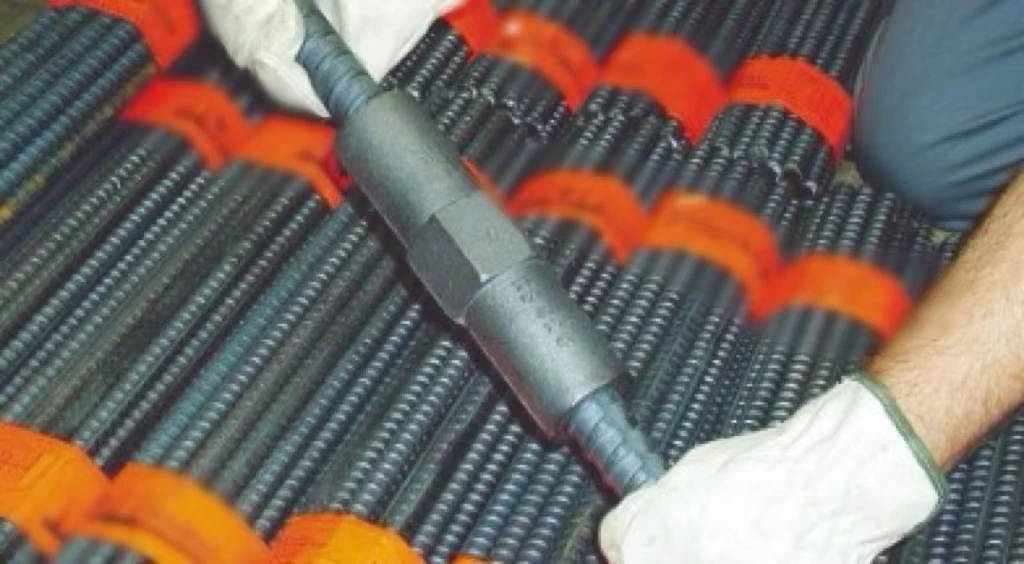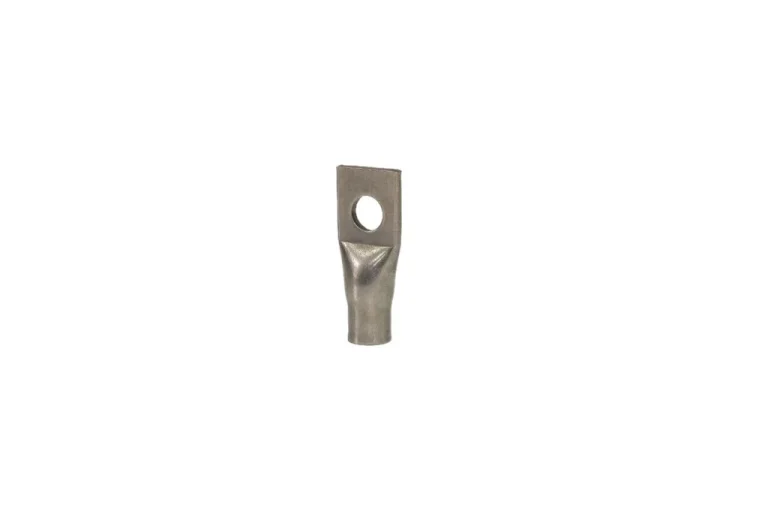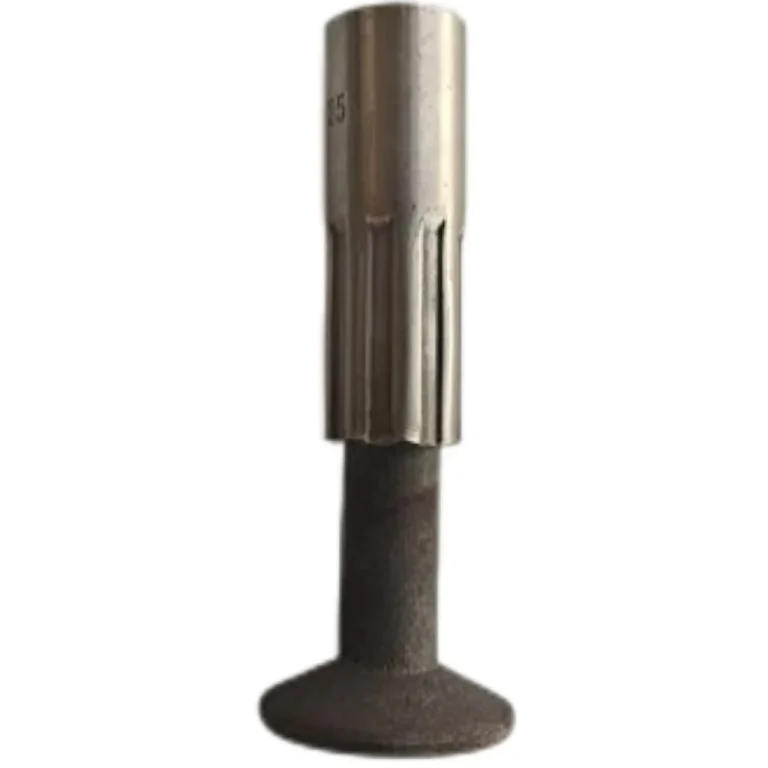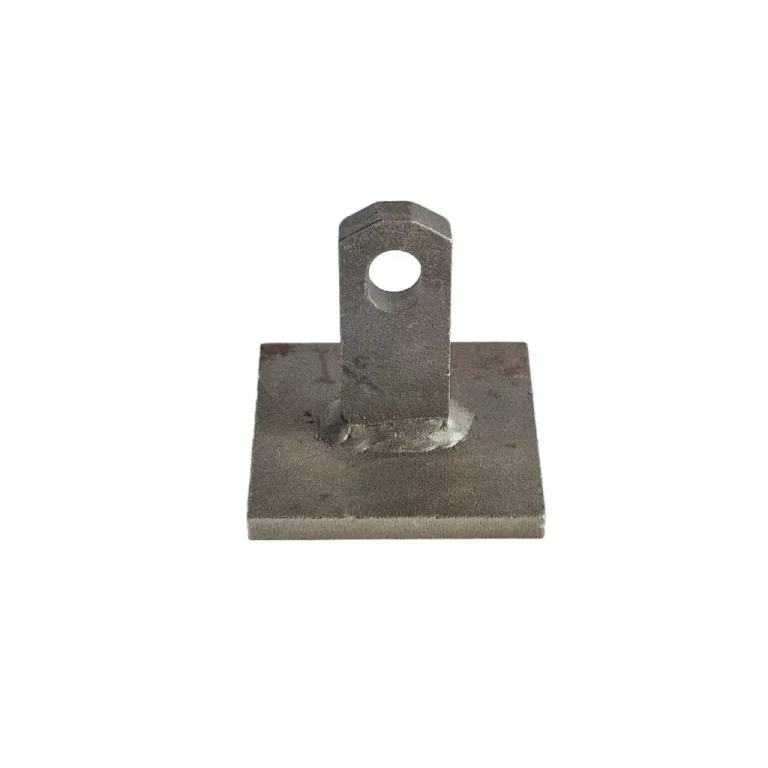Cleaning connector couplers is essential for ensuring the optimal performance and longevity of electronic and mechanical systems. Neglecting this important task can lead to reduced signal quality, increased resistance, and even failure of interconnected devices. By understanding the importance of cleaning and maintaining connector couplers, one can prevent many potential issues and enhance system performance.
Understanding the Importance of Cleaning Connector Couplers
The Role of Connector Couplers in Various Industries
Connector couplers are pivotal components found in numerous industries, including telecommunications, automotive, and manufacturing. They facilitate the connection between different cables and devices, acting as the bridge that allows for data and power transmission. A well-maintained connector coupler ensures consistent signal integrity and operational efficiency across systems, making it essential to prioritize their upkeep. Whether in complex machinery or simple electronic devices, functionally sound connector couplers are vital for uninterrupted operations.
Impact of Dirt and Contamination on Performance
Dirt, dust, and contaminants can accumulate on connector couplers over time, negatively impacting their performance. The presence of these foreign particles can increase electrical resistance, leading to signal degradation or even complete signal loss. Additionally, poor electrical connections due to contamination can cause devices to malfunction or fail prematurely. Therefore, regular cleaning of connector couplers is imperative to maintain optimal functionality and ensure that they perform efficiently over their intended lifespan. This not only enhances performance but also reduces maintenance costs in the long run.
Essential Tools and Materials Required
List of Cleaning Tools
To effectively clean connector couplers, certain tools and materials are essential. Utilizing the right products can make the process quicker and more efficient, ensuring all contaminants are adequately removed. Below are some of the primary cleaning tools you will need:
Isopropyl Alcohol
Isopropyl alcohol is an effective cleaning agent for connector couplers as it evaporates quickly and leaves no residue. It effectively dissolves oils, dirt, and grime that may have accumulated on the coupler’s surface. Additionally, it is safe for use on most electronic components, making it a preferred choice for cleaning connections within electronics.
Lint-Free Wipes
Lint-free wipes are crucial for cleaning connector couplers as they do not shed fibers that could cling to the coupler or interfere with its electrical performance. These wipes are gentle yet effective, and they are specifically designed for cleaning delicate surfaces without causing scratches or other damage. Keeping lint-free wipes on hand ensures a thorough cleaning process.
Compressed Air Canister
A compressed air canister is highly effective for blowing away loose particles and debris from connector couplers. Using compressed air helps eliminate any dust or dirt that may be lodged in hard-to-reach areas, making it an excellent preliminary step in the cleaning process. It is important to hold the canister upright to avoid releasing any moisture present in the canister during use.
Safety Equipment and Precautions
When cleaning connector couplers, it’s important to prioritize safety. Wearing appropriate safety equipment, such as gloves and goggles, helps protect against potential hazards associated with cleaning agents. Additionally, ensuring the workspace is well-ventilated minimizes exposure to fumes from products like isopropyl alcohol. Understanding and following all safety precautions can prevent accidents and facilitate a more effective cleaning process.
Step-by-Step Guide to Cleaning a Connector Coupler
Preparation Before Cleaning
Inspect the Coupler for Visible Contaminants
Before beginning the cleaning process, it is essential to conduct a thorough inspection of the connector coupler. Check for accumulated dust, dirt, or any visible signs of wear and tear. Identifying specific problem areas will enable you to focus your cleaning efforts where they are most needed. Furthermore, a detailed inspection can also help determine if more extensive maintenance or replacement is required.
Power Down Any Connected Devices
A crucial step before cleaning is ensuring that all connected devices are powered down. This is vital for the safety of both the user and the equipment, as it prevents any potential electrical hazards or damage during the cleaning process. Disconnecting the power source also allows for a more thorough cleaning, as you can access the coupler without worrying about active signals or devices.
Detailed Cleaning Procedure
Disassembling the Coupler (If Possible)
If the design of the connector coupler allows for disassembly, carefully separate its components to facilitate a thorough cleaning. Documenting how the coupler is assembled can help in reassembly later. Take care not to apply excessive force when disassembling, as this could damage delicate components. Properly managing the individual parts ensures effective cleaning of each area.
Using Compressed Air to Remove Loose Particles
Once you have targeted the connector coupler for cleaning, utilize a compressed air canister to blow away loose particles and debris. Aim to hold the canister a few inches away from the coupler to prevent moisture from entering the connection. Move the nozzle around the coupler’s surface, ensuring that all areas are adequately cleared of any loose contaminants. This step effectively prepares the coupler for the next cleaning phase.
Applying Isopropyl Alcohol with Lint-Free Wipes
After removing loose particles, dampen a lint-free wipe with isopropyl alcohol and gently clean the surfaces of the connector coupler. Make sure to avoid excessively soaking the wipes since you do not want any cleaning agent pooling within the coupler. Use circular motions to eliminate stubborn dirt and residues, and frequently check the wipe for cleanliness, using a fresh area as needed. Allow the coupler to dry completely before proceeding.
Reassembling and Final Inspection
Once the connector coupler is thoroughly cleaned and dried, carefully reassemble its components if you had disassembled them. Ensure that all parts are returned to their original positions and that no components are left behind. After reassembly, conduct a final inspection to confirm that the coupler is in optimal condition and free from any leftover contaminants. This comprehensive inspection guarantees that the coupler is functioning correctly and ready for operational use.
Common Mistakes to Avoid During the Cleaning Process
Using Incorrect Cleaning Solutions
One of the most common mistakes during the cleaning of connector couplers is using incorrect cleaning solutions. Many household cleaners can leave residues or damage sensitive electronic components. Always opt for isopropyl alcohol or specific cleaning agents designed for electronics to avoid such issues. Ensuring the right materials for cleaning is key to maintaining the performance and integrity of the coupler.
Neglecting Safety Precautions
Neglecting necessary safety precautions can lead to accidents and injuries during the cleaning process. Always wear gloves and goggles to protect against chemicals, and ensure that your work area is properly ventilated. Understanding the materials you are working with and preparing before starting the cleaning process is essential in ensuring safety and effectiveness.
Over-tightening or Mishandling Components
During the reassembly process, it is crucial to avoid over-tightening or mishandling components. Excessive force may lead to damage of the coupler or prevent proper connection between parts. It is important to follow the manufacturer’s guidelines regarding tightness and ensure that components are handled carefully to maintain functionality.
BAOQI Products: Ensuring Longevity and Efficiency
Overview of BAOQI Brand and Product Quality
BAOQI is a reputable brand well-known for its commitment to quality and innovation in the field of connectors and couplers. They prioritize the manufacturing of products that withstand the rigors of various industrial applications. The brand has garnered trust through its stringent quality control processes and the use of high-grade materials. Whether it’s for telecommunications or automotive applications, BAOQI’s products are designed to enhance connectivity and ensure product longevity.
Recommended BAOQI Products for Your Needs
For those seeking reliable connector couplers, BAOQI offers a variety of products tailored to meet distinct needs. Some recommended products include fiber optic connector couplers, which are ideal for data transmission applications requiring minimal signal loss. Additionally, BAOQI’s durable metal connector couplers are perfect for harsh environments where mechanical strength is crucial. Each of their products comes with specifications that outline appropriate usage scenarios, ensuring that users can make informed choices based on their specific application requirements.
Maintenance Tips for Long-Term Efficiency
Regular Inspection and Cleaning Schedule
Creating a regular inspection and cleaning schedule for connector couplers is essential for maintaining optimal functionality. A monthly inspection can help identify any buildup of dirt and dust, allowing for timely cleaning before significant issues arise. By monitoring the condition of the connector couplers regularly, potential problems can be addressed proactively. Establishing a consistent routine not only extends the life of the couplers but also improves the overall efficiency of the connected systems.
Proper Storage Techniques
In addition to cleaning, proper storage techniques significantly contribute to the longevity of connector couplers. When not in use, store connector couplers in a cool, dry place, away from direct sunlight or moisture which could lead to corrosion and damage. Utilizing protective cases or bags that prevent dust and dirt accumulation is highly recommended. Furthermore, maintaining organized storage can ensure that valuable components are easily accessible without risk of physical damage.









